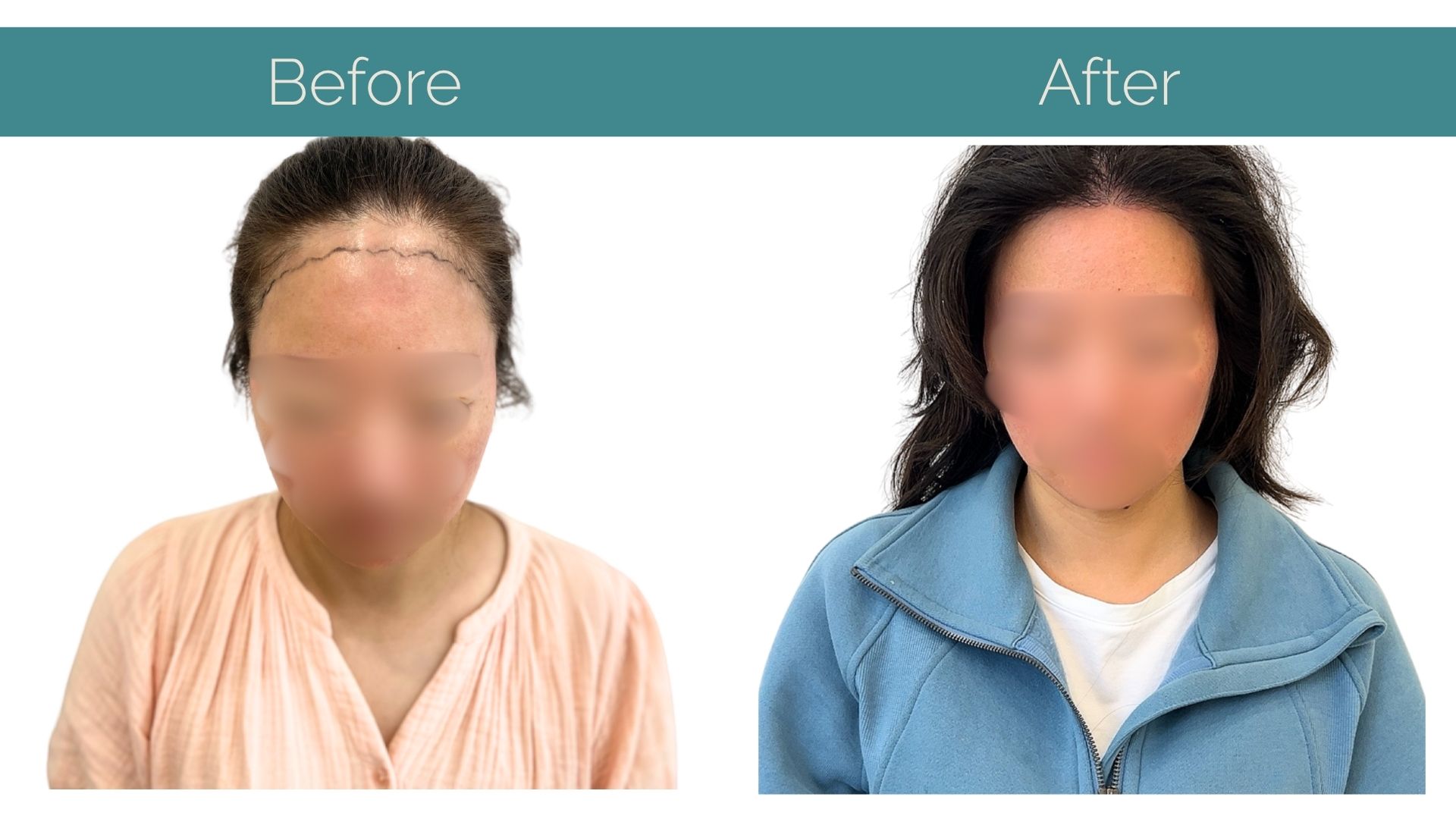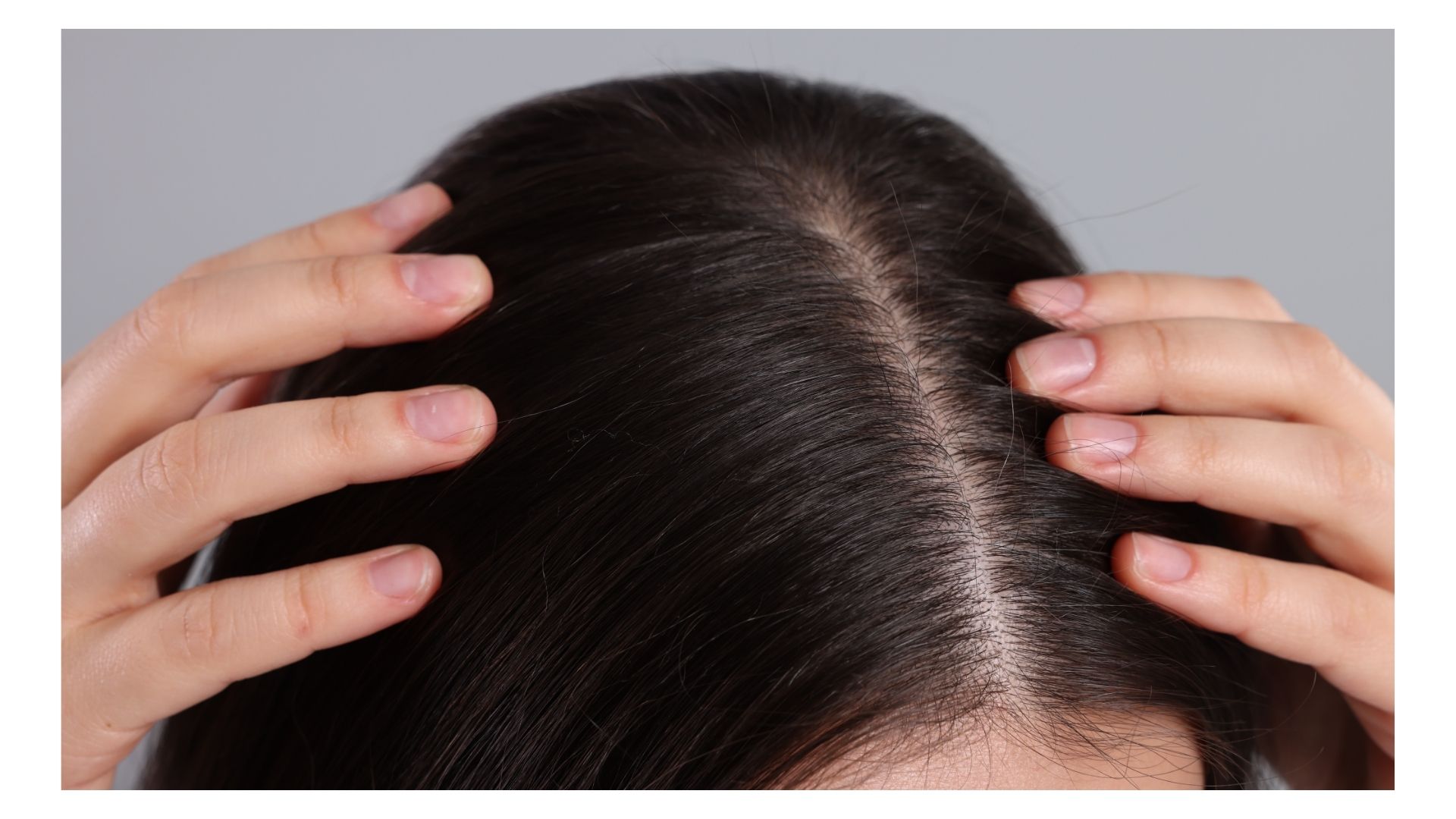But rarely do we think about the water we use to wash our hair every single day. Surprisingly, this could be one of the most overlooked factors affecting your hair’s health – especially if you live in an area with hard water.
So, could the water flowing out of your showerhead really be contributing to hair thinning or dryness?
The short answer is yes, it can play a role. But don’t worry – we’re here to break it all down and give you some practical tips for keeping your hair looking its best, right from the comfort of your home.
What Exactly Is Hard Water?
Hard water is simply water that contains a high concentration of dissolved minerals, primarily calcium and magnesium.
These minerals aren’t harmful to drink, and hard water poses no major health risk in that sense, but it can have frustrating side effects – especially for your skin, appliances, and, of course, your hair.
The harder the water, the more of these minerals it contains. On the other hand, soft water contains far fewer of these minerals and tends to feel silkier or more slippery to the touch.
The easiest way to notice the effects of hard water is through your bathroom routine. Soap doesn’t lather well, shampoos feel like they aren’t doing much, and you’re often left with a filmy residue on your skin or hair after showering.
That’s the minerals at work – clinging to every strand and surface they touch.
How Do You Know If You Have Hard Water?
If you’ve ever noticed white, chalky deposits on your taps or your kettle scaling up faster than it should, you’re likely dealing with hard water.
Other common signs include stiff laundry even after using fabric softener, spots on glassware after washing, and that persistent feeling of never quite getting clean in the shower.
When it comes to hair specifically, hard water can make it feel dry, heavy, or coated. You may also notice that your conditioner doesn’t seem to absorb or that your hair lacks shine and bounce.
If you’re unsure about the water quality in your area, there are several postcode checkers online that can tell you, or you can purchase a cheap testing strip from a hardware or DIY store to get a quick reading.
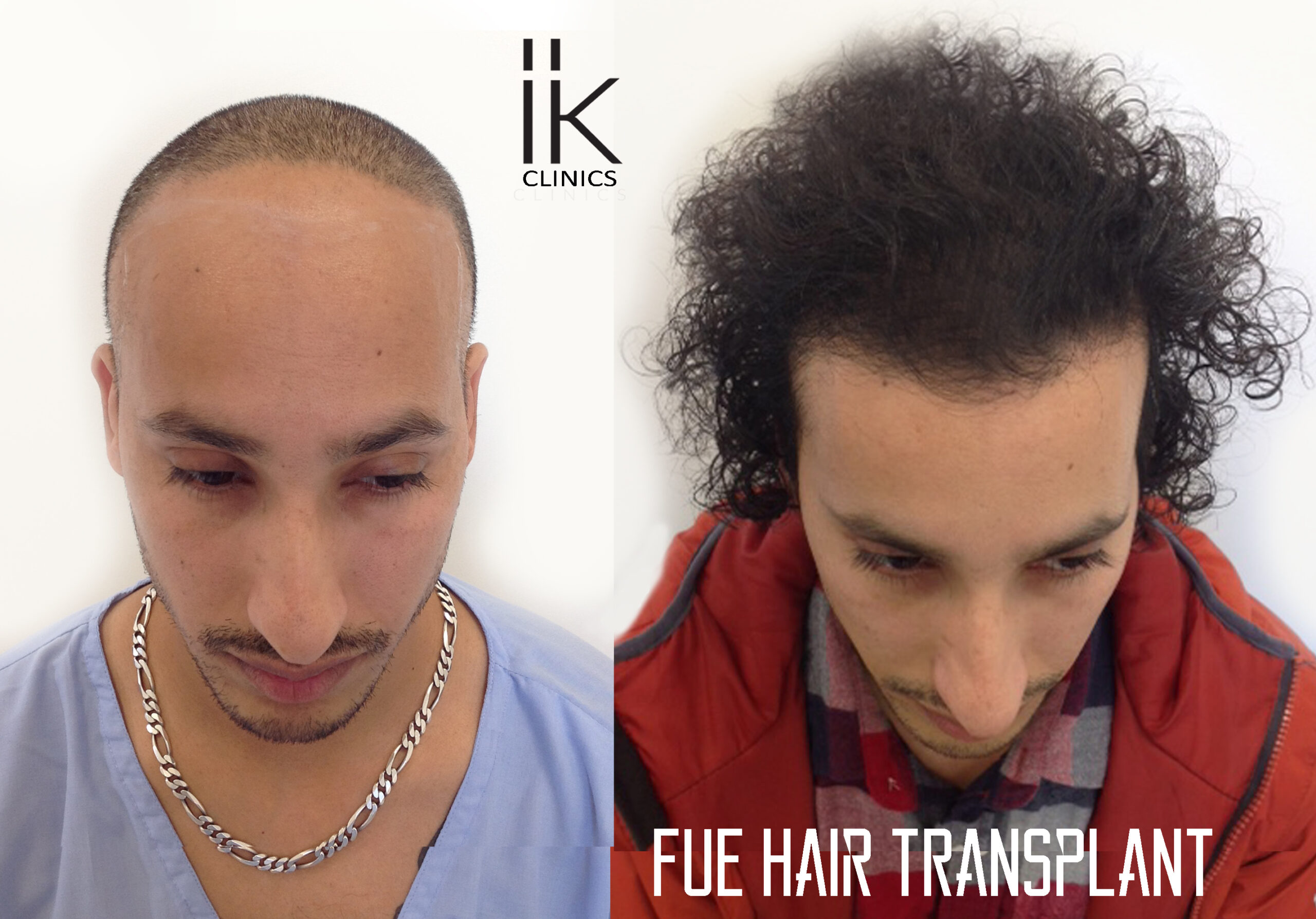
So, Can Hard Water Really Cause Hair Loss?
Let’s clarify this carefully. Hard water doesn’t directly cause hair to fall out from the root, but it does create conditions that weaken the hair over time.
The minerals in hard water can leave deposits on the scalp and hair shaft. Over time, this buildup can clog hair follicles, leading to scalp irritation, flaking, and even inflammation. When the scalp is irritated and the follicles aren’t functioning properly, hair is less likely to grow healthily – and more likely to break off.
Furthermore, the minerals coat the hair, making it more difficult for moisture to penetrate. As a result, hair becomes dry, brittle, and more prone to snapping. This is often mistaken for hair loss, but it’s technically breakage – although the end result feels very similar when you’re seeing more hair in your brush or the shower drain.
So, while hard water might not be the villain behind dramatic bald patches, it absolutely contributes to weaker, more damaged hair over time, especially if no protective steps are taken.
How Does Soft Water Compare?
In contrast, soft water is much gentler on hair and skin. Because it doesn’t contain the heavy minerals that cause buildup, shampoos and soaps work better, hair feels cleaner, and conditioners can penetrate the hair shaft more effectively.
Many people find that soft water makes their hair look shinier, feel silkier, and become easier to manage with less frizz or tangling.
Of course, some individuals who have naturally oily hair may find soft water makes their hair feel slightly limp, but this is a minor trade-off compared to the issues hard water can cause. If you’ve ever travelled to a soft water area and noticed your hair behaving like a shampoo commercial, that wasn’t your imagination – it was the water.
Protecting Your Hair at Home
If you’ve discovered that your home has hard water, there’s no need to panic. You don’t need to overhaul your entire plumbing system. There are plenty of things you can do at home to protect your hair and scalp, and many of them are both simple and affordable.
One of the most effective long-term solutions is installing a shower filter. These devices can reduce the level of minerals and other impurities in your water, leading to noticeably softer hair and skin within a few washes. They’re easy to install and available in many styles to fit most standard showerheads.
Another great option is using a clarifying shampoo once a week. These are specially formulated to remove mineral and product buildup from your scalp and hair. However, they can be drying if overused, so it’s best to alternate them with a moisturising or sulphate-free shampoo during the rest of the week.
For a natural remedy, you might consider an apple cider vinegar rinse. Mixing a tablespoon or two of vinegar with water and using it as a final rinse after shampooing can help dissolve residue, restore scalp pH balance, and leave your hair feeling smoother.
It’s especially helpful for people with itchy or flaky scalps caused by mineral buildup.
You should also invest in a good deep-conditioning treatment. Hard water dries out hair, so adding back moisture is essential. Look for masks or leave-in conditioners with nourishing ingredients like argan oil, coconut oil, or shea butter. These can help seal the cuticle, prevent breakage, and protect against further damage.
Even small habits like reducing how often you wash your hair can help. Washing every day exposes your hair more frequently to mineral-heavy water and can strip the natural oils your scalp produces to protect the hair.
Aim to wash your hair every two to three days, and use gentle styling methods that avoid excess heat or tugging.
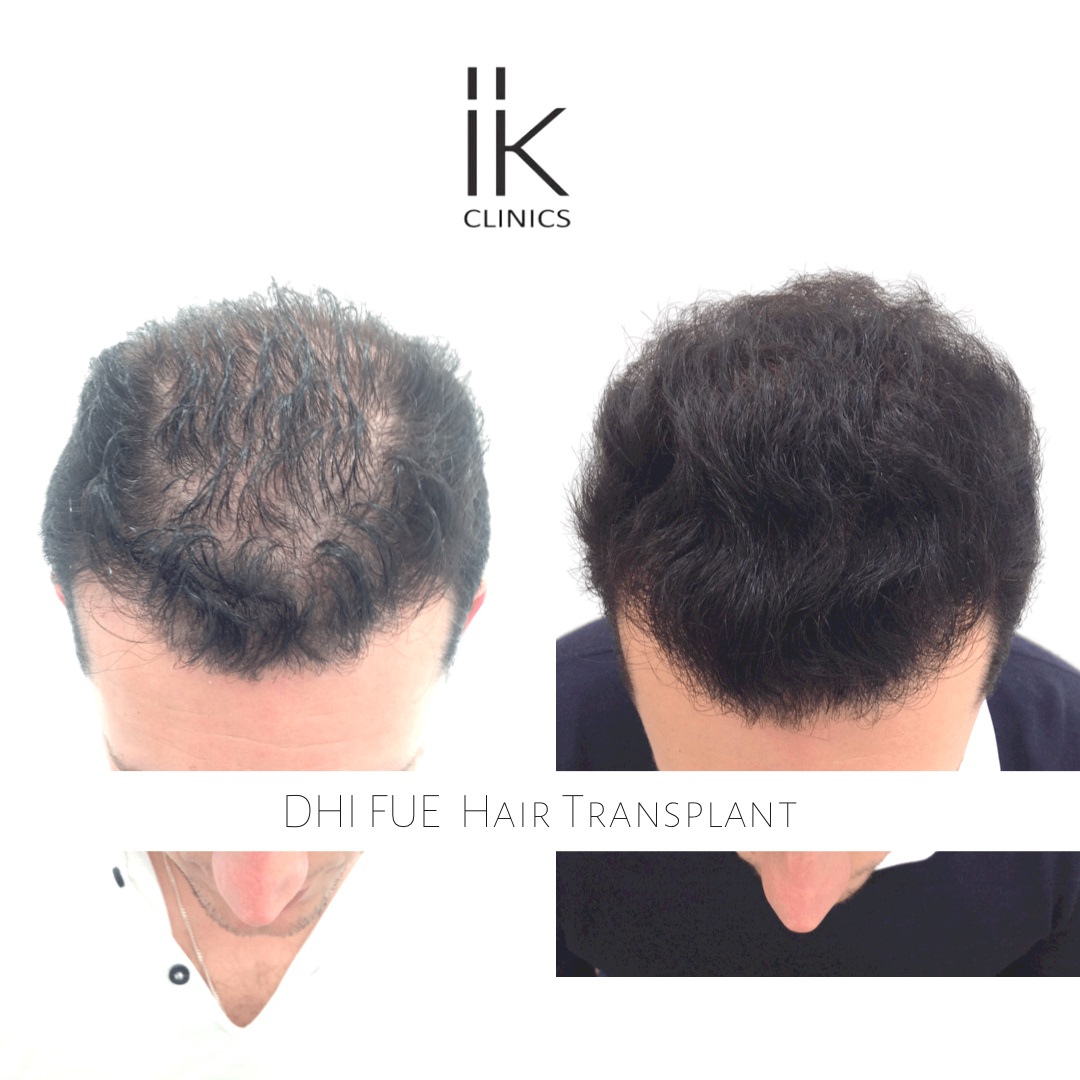
The Role of Diet and Hydration
It’s also worth remembering that hair health starts from within. Staying well-hydrated, eating a balanced diet rich in vitamins and minerals, and avoiding crash diets can support healthy hair growth.
Nutrients like biotin, zinc, vitamin D, and iron are especially important. If you’re experiencing persistent thinning or breakage, consider speaking to a GP or trichologist to explore whether any underlying nutritional deficiencies may be contributing.
When to Seek Expert Advice
If you’ve tried these at-home remedies and still find that your hair is thinning, breaking, or falling out in significant amounts, it may be time to speak to a professional, like our team at IK Clinics.
Sometimes the issue isn’t just hard water. Hormonal imbalances, autoimmune conditions like alopecia areata, and scalp infections can all contribute to hair loss. A trichologist or dermatologist can help diagnose the issue and offer targeted treatments.
Final Thoughts: Don’t Let Your Water Be the Problem
While hard water might not seem like a major concern at first glance, it can quietly chip away at your hair health over time. It dries out your strands, weighs them down, makes them more brittle, and can irritate your scalp – all of which combine to create a perfect storm for dull, fragile hair.
But the good news is that you can fight back. From using filters and specialised shampoos to adopting smarter care routines and understanding what’s flowing out of your taps, you can absolutely protect your hair without needing a laboratory setup at home.
A few small tweaks can make a big difference – and get you one step closer to the healthy, shiny hair you deserve. So next time you step into the shower, take a moment to think about the water – and give your hair the care it really needs.
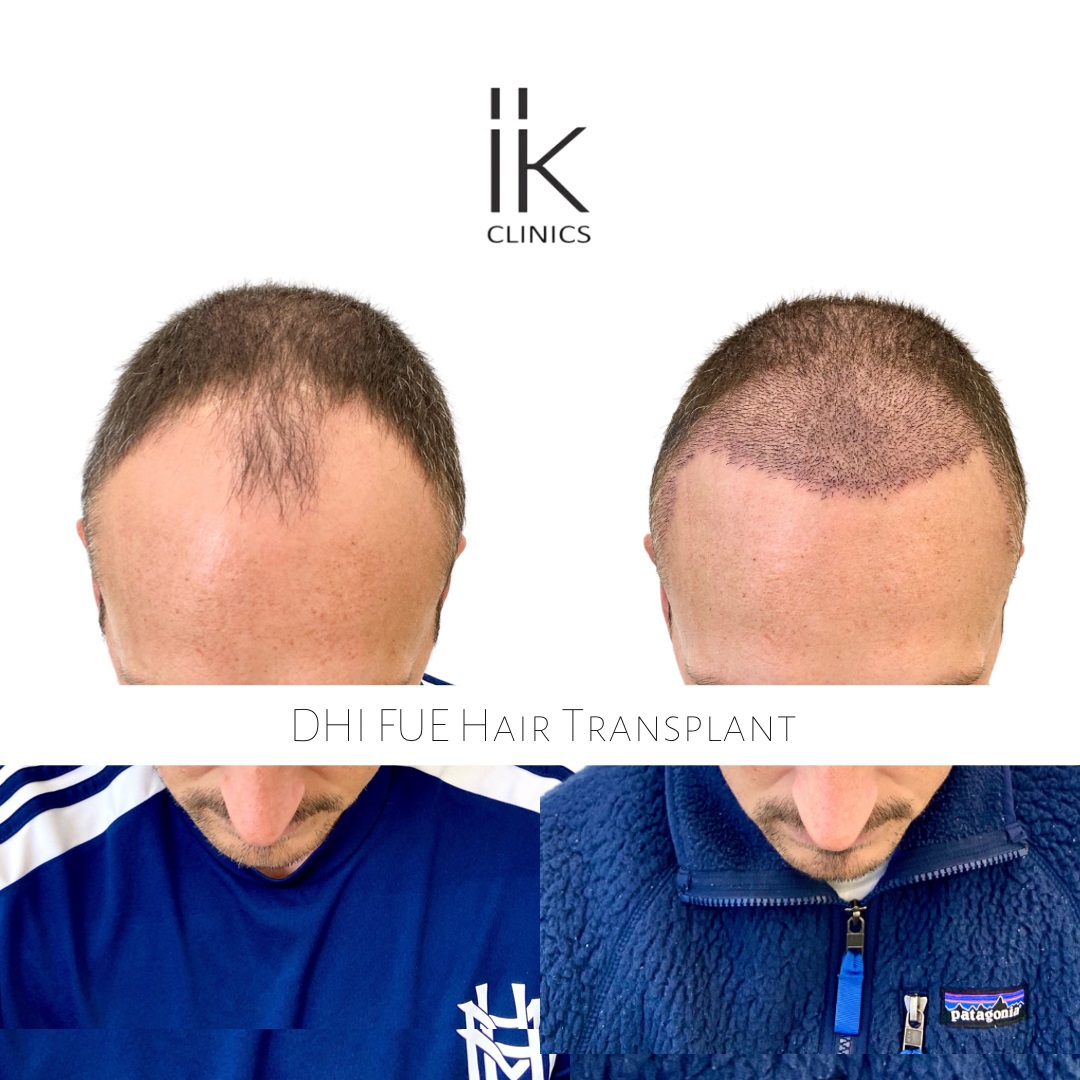
About IK Clinics
At IK Clinics, we’re not afraid to say that we’re proud to lead the way. Our expert team, advanced technology, and commitment to patient care ensure you get the best experience from start to finish.
What’s more, we offer a range of services in hair restoration, like FUE, Stem-cell and Plasma Therapy, along with various anti-aging treatments. Get in touch to find out more or book a consultation.

